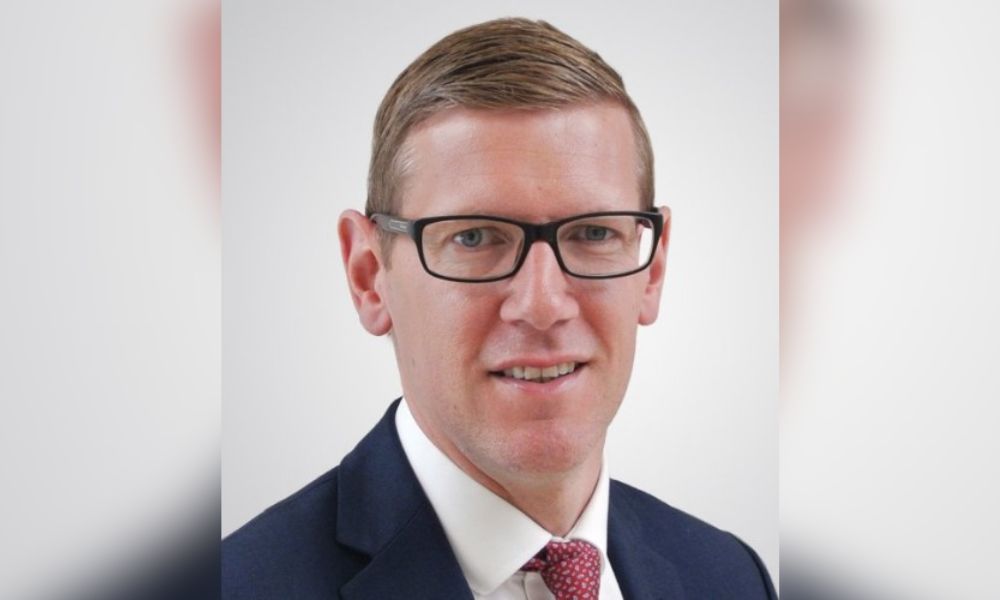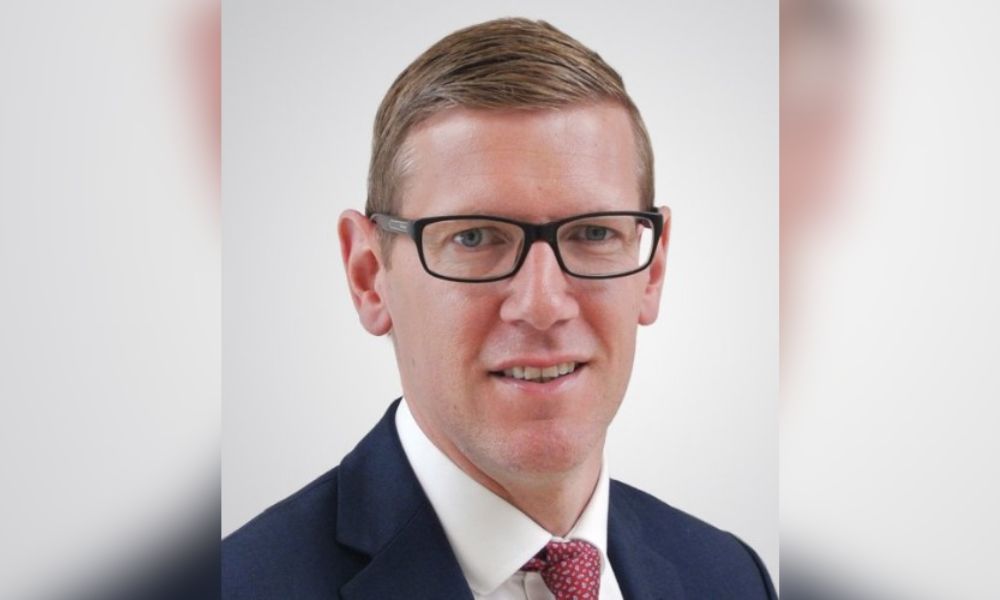

“Quite simply, most policies still respond to physical damage,” the representative said. “But that might not occur when floods prevent access to your business, for example, or when an earthquake in Taiwan halts your production lines in the UK because your microchip supply has failed. Parametric insurance covers such eventualities by focussing on the occurrence of the peril, rather than the cash cost.” And while insurance is an essential tool, clients also need to take practical, preventive steps: “The mitigation steps are different for all of those scenarios,” they added, “but the starting point is the same for each: consider what the impact of an event of one type or another would be on your property, your supply chain, your customer base, your market access, your staff, and so on. If it could cause a serious problem, find ways to mitigate.”


















